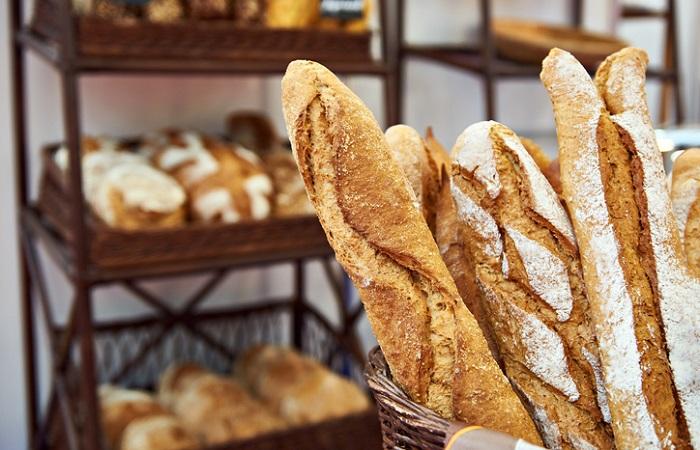Diet has a significant impact on health. But the timing of meal intake would be particularly important for longevity.

- According to an Italian study, there is an ideal time to eat dinner to live longer
- Italy is the first country in Europe and the second in the world in terms of the percentage of citizens aged over 65 and over 85
7:13 p.m.! This is the time recommended by researchers to sit down to eat in the evening if you want to live longer. To reach this conclusion, they studied the meal times and eating habits of 68 nonagenarians and centenarians from the Abruzzo region of Italy, which is among the top regions in Italy for the number of nonagenarians and centenarians.
All gave information on their dinner times, what they eat as well as their high physical activity – another aspect linked to their longevity.
The inhabitants of this Italian province were in good health and of normal weight “with the exception of hypertension which affected 72% of individuals, they were characterized by an extremely low frequency of hypertriglyceridemia (4%) and hypercholesterolemia (19%)”, point out the researchers.
The results, published in the journal Frontiers in Nutrition, have shown that they dined early (at 7:13 p.m.) and that there was a 17.5 h calorie restriction delay between dinner and the next meal.
Mediterranean diet
Other data must also be taken into account to explain their longevity: their eating habits are those of the Mediterranean diet, characterized by a high consumption of foods of plant origin, a moderate consumption of fish and dairy products, and a low consumption of meat and processed foods.
Results were very similar among nonagenarians and centenarians, with a median consumption of five or more servings of each plant-based food per week, such as grains, legumes, vegetables and fruits, the lowest intakes representing 1 to 2 servings per week. Among animal products, milk and milk products were consumed, in moderation, four and five times a week by nonagenarians and centenarians, respectively. For meat and fish products, consumption was only one to two servings per week, while processed meats and eggs had a median consumption of two to three servings per week across the country. population. Finally, the consumption of sweets was negligible, with a median consumption of one serving per week and mainly on Sundays or holidays.
“sdijuno”
In addition, the inhabitants of this region located in central Italy have always followed a particular food habit called “sdijuno”, representing the morning salty breakfast that “broke” the night fast after an early dinner. This practice, followed consistently for decades, may have optimized immune and metabolic responses to dietary stressors, thus playing a role in the longevity rates of Abruzzese people.

















